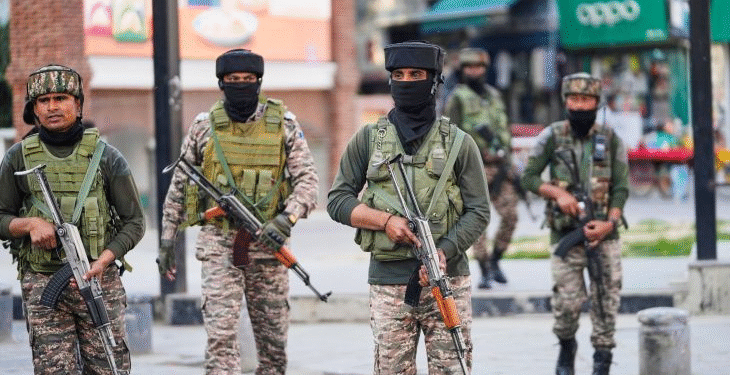Special Correspondent
New Delhi: In a significant development, India and Pakistan have officially agreed to a ceasefire, bringing an end to a tense period of cross-border hostilities. The ceasefire, which came into effect at 5:00 PM today, was announced jointly by both nations’ Defence and Foreign Ministries. This decision follows intense military escalation in the aftermath of India’s “Operation Sindoor” and retaliatory actions from Pakistan.
The announcement was made during a press conference by India’s Foreign Secretary Vikram Misri, who confirmed that the ceasefire has been agreed upon on India’s terms. Misri revealed that the Director General of Military Operations (DGMO) of Pakistan contacted the Indian DGMO at 3:15 PM today, initiating the dialogue that led to the agreement.
Both nations have agreed to completely halt all military operations across land, air, and sea. This includes a complete stop to cross-border shelling, drone surveillance, and missile deployment, which had sharply increased since May 7 following India’s targeted airstrikes on terrorist launchpads in Pakistan-occupied Kashmir (PoK) and within Pakistan’s borders.
The two DGMOs are set to hold further bilateral discussions on May 12 to ensure the ceasefire holds and to work out confidence-building measures (CBMs) for the near future.
Despite agreeing to the ceasefire, India issued a stern message reiterating that there would be “zero compromise” on terrorism. “India remains firm in its commitment to fighting terrorism in all its forms and manifestations,” Misri emphasized. This sentiment was echoed by External Affairs Minister Dr. S. Jaishankar, who tweeted shortly after the announcement:
> “India and Pakistan have agreed to a ceasefire starting 5 PM today. However, India’s position on terrorism remains unchanged — we will not negotiate or compromise with terror.”
This ceasefire comes in the wake of Operation Sindoor, launched by India in response to the deadly Pahalgam terrorist attack that claimed multiple civilian and security personnel lives. The Indian Air Force targeted nine high-value terrorist infrastructure locations, including camps linked to Lashkar-e-Taiba, Jaish-e-Mohammed, and Hizbul Mujahideen. Pakistan’s subsequent retaliatory drone and missile strikes intensified fears of a full-scale conflict.
International observers have welcomed the move. UN Secretary-General António Guterres urged both nations to use this ceasefire as an opportunity to resume diplomatic dialogue and work towards sustainable peace.
As both governments now attempt to de-escalate tensions, the focus shifts to May 12’s military-level dialogue. While the guns may have fallen silent for now, the future of peace in the region will heavily depend on how both countries handle terrorism, border security, and mutual diplomatic trust in the coming weeks.

















